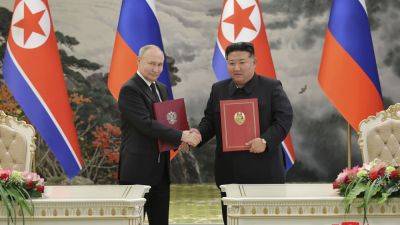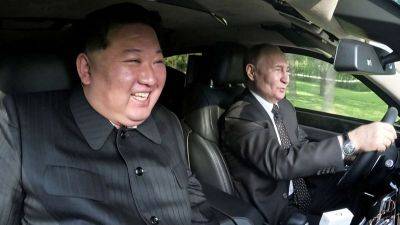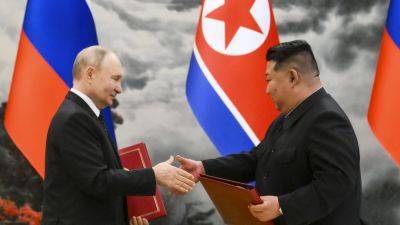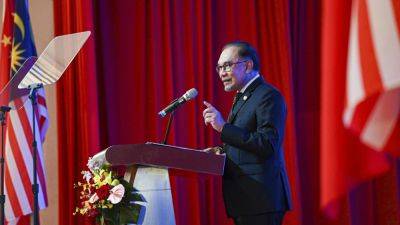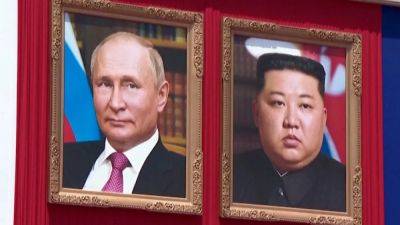Why Russians still embrace the war
Russian President Vladimir Putin arrived in Beijing for a two-day trip on May 15, 2024, and was greeted with a red-carpet welcome by Chinese President Xi Jinping.
The two leaders pledged a “new era” for the Russia-China relationship, building on their “no limits partnership” struck just before Russia’s 2022 invasion of Ukraine. As Putin’s first foreign trip since winning reelection in March, the visit showcased his and Russia’s enduring stature amid the war in Ukraine.
Despite Russia’s 2024 election being marked by systemic repression of serious alternative parties and candidates and decades of brazen statements about Russia’s “managed” democracy, Putin captured 87% of the vote from a record-high voter turnout.
Even with some self-censorship and a slight drop in approval, the Russian public still largely backs the war, despite a largely static frontline, the severance of ties with Europe, declines in living standards, and the deaths and injuries of hundreds of thousands of Russian soldiers.
The staggering number of casualties is mirrored in Ukraine, a nation that Putin and many Russians consider a brotherly nation and the mother culture of Russia.
In contrast, US domestic support for the wars in Afghanistan and Iraq began to decline markedly a couple of years after the conflicts began, and predictions of a collapse in Russian public support for the war emerged soon after it began.
Yet, although the costs of Russia’s war in Ukraine continue to escalate and it appears far from conclusion, several reasons have compelled Russian citizens to continue supporting the war and the president who initiated it.
Opposition to war in Russia faces unique challenges not encountered in the US, but convincing a population that war is



